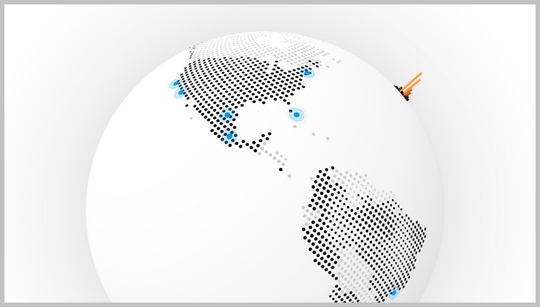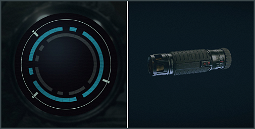Worldcoin: A Cryptocurrency Project Involving Scanning People's Irises
One of the top crypto projects is a Cryptocurrency that connects potential investors with the crypto community, and it involves scanning the Irises of individuals worldwide. No, we are not joking. The project, which has attracted the attention of government officials, is called Worldcoin.
The project is the brainchild of Sam Altman, the president of tech incubator and investor firm OpenAI, and is backed by Ethereum co-founder Anthony Diiorio. Worldcoin aims to create an anonymized world identity ID through iris scanning. The company is rolling out pop-up events where people can get their irises scanned in exchange for $50 in crypto.
The project has already garnered significant attention in the UK, where Worldcoin is launching in London. Hundreds of people are lining up to get their eyes scanned, and Orb Operators are offered commissions for scanning irises and getting people excited about crypto.
However, Worldcoin has attracted the attention of government officials worldwide. Germany’s Bavarian State Office for Data Protection Supervision has been investigating Worldcoin since November 2021 due to concerns about processing sensitive data on a large scale. The company is also being monitored by Germany’s Federal Financial Supervisory Authority.
Now, Worldcoin has launched in the UK, prompting further inquiries from the UK’s Information Commissioner’s Office. In an interview with Reuters, Worldcoin CEO Mike Deem admits that the company does not have the necessary license to support the project. This lack of licensing has not stopped Worldcoin’s activities, however.
What is Worldcoin?
Worldcoin is a cryptocurrency project by OpenAI’s Sam Altman that involves iris scanning technology. The company’s website describes Worldcoin as a platform for global proof-of-personhood in an AI-driven world.
“Imagine a world where every person has a persistent, private, and globally-recognized digital identity,” the company says. “A world where anyone can prove they are who they say they are, instantly, and seamlessly sign-in to any service without sharing a single bit of personal data.”
The company has launched Orb popups, which are traveling interactive stores that offer iris scanning. These popups are appearing in stores worldwide, and they offer people $50 in crypto in exchange for getting their irises scanned. Orb Operators are given the opportunity to scan people’s irises and promote the project, as well as earn commissions.
Worldcoin’s goal is to create an “anonymous, global, and verifiable proof-of-personhood.” The company explains that it aims to do this by collecting data from potential crypto investors and connecting them with the crypto community.
“The world needs a platform for global proof-of-personhood in an AI-driven world,” the company’s website says. “A place where each person on earth can prove who they are; a place where AI can trust humans.”
Despite the seemingly ironic nature of collecting personal data to protect personal data, hundreds of people are lining up to get their eyes scanned by Worldcoin. Some people have raised concerns about the use of iris scanning technology for transferring financial information.
Worldcoin’s popularity is also evident in the growing number of unique users, which currently stands at 2,198,745. Despite Worldcoin’s activities attracting the attention of government officials, the project maintains a positive outlook on the future of its activities.
“We know that the eyes are on us and we will continue to operate in a way that is compliant with a wide range of regulations,” Worldcoin says, “including the GDPR, the new EU Data Protection Act, and the EU’s new General Data Protection Regulation (GDPR) and ePrivacy Regulation.”
Whether or not Worldcoin will comply with EU regulations remains to be seen.
















